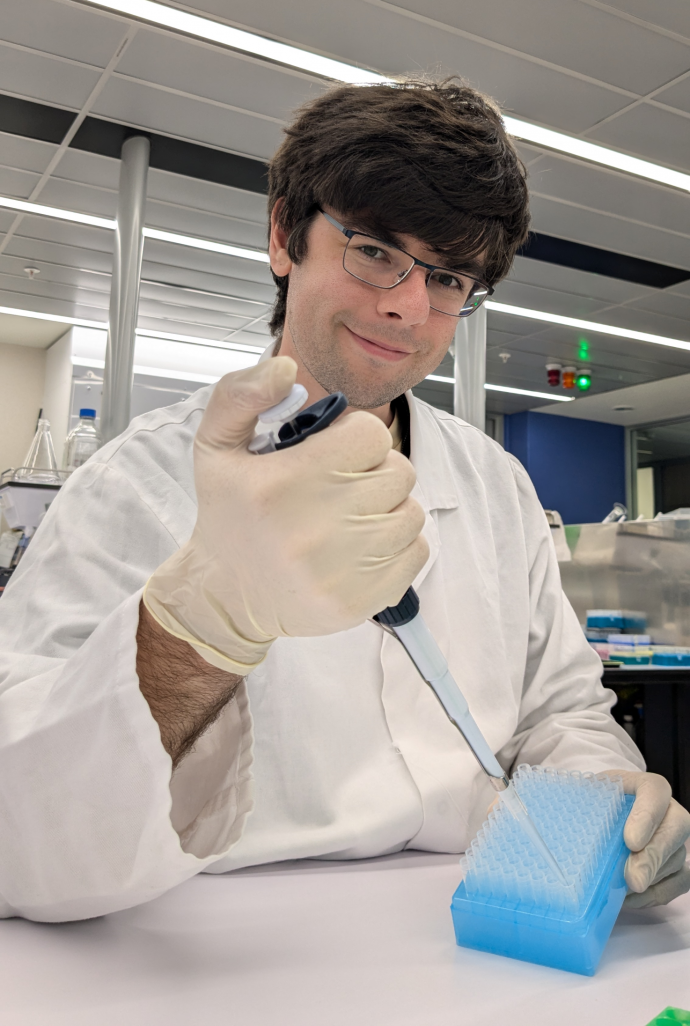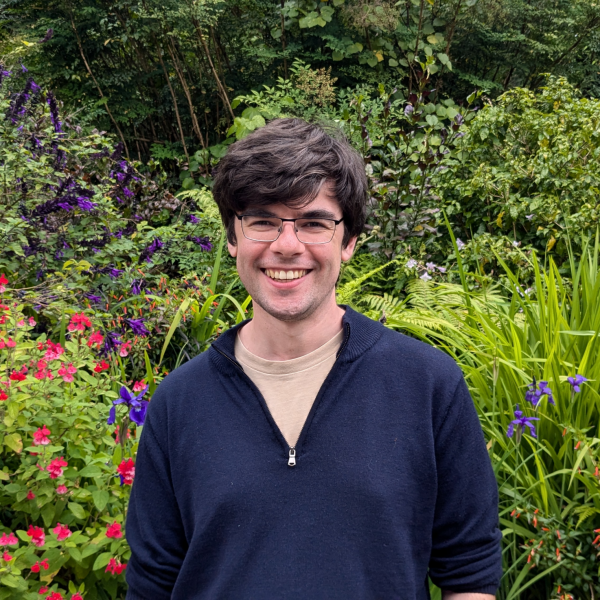William Pearman

2024: Dr William Pearman of Waipapa Taumata Rau The University of Auckland will conduct research to understand how communities of microorganisms living in or on animals (the microbiome) affect their evolution
Dr Pearman will isolate the eggs of Daphnia, the common water flea, from lake sediment deposited over the past 300 years and sequence the DNA of both the eggs and their associated microbiomes. This data will be used to understand how host and microbiome genomes coevolve over time in response to the environmental changes that are recorded in the sediments. Excitingly, the ability of Daphnia eggs to lie dormant for long periods means that these hypotheses can then be tested experimentally by reviving eggs deposited over the course of the past century. The findings from this research will add to our understanding of evolutionary processes and could have broad applications across ecology, evolution, and health.

Dr William Pearman (Supplied)
